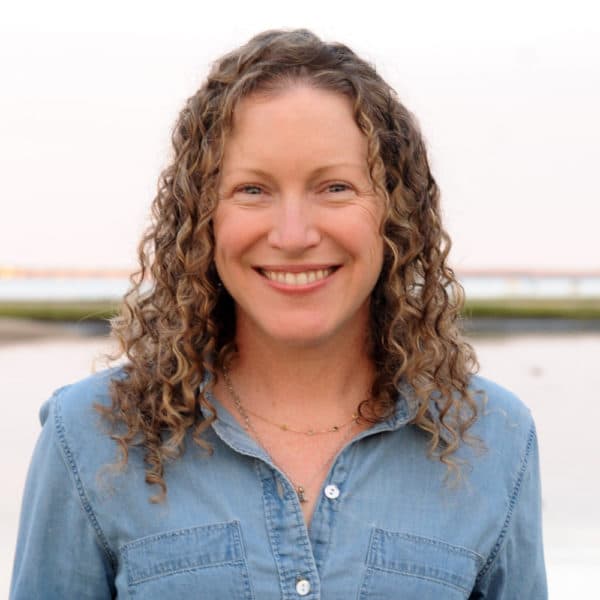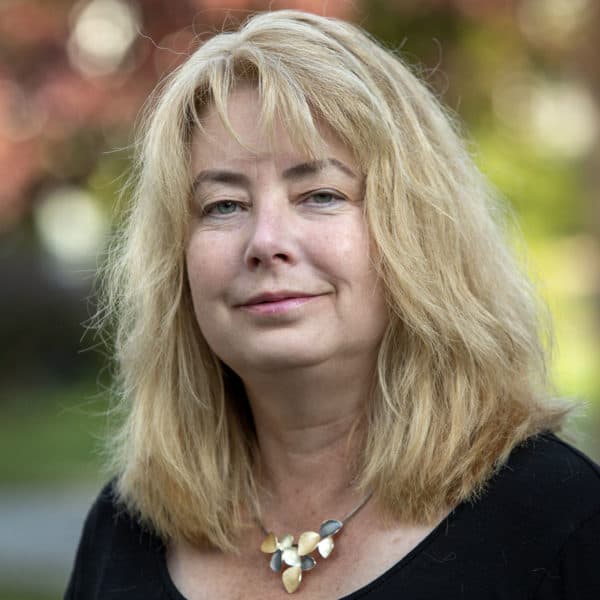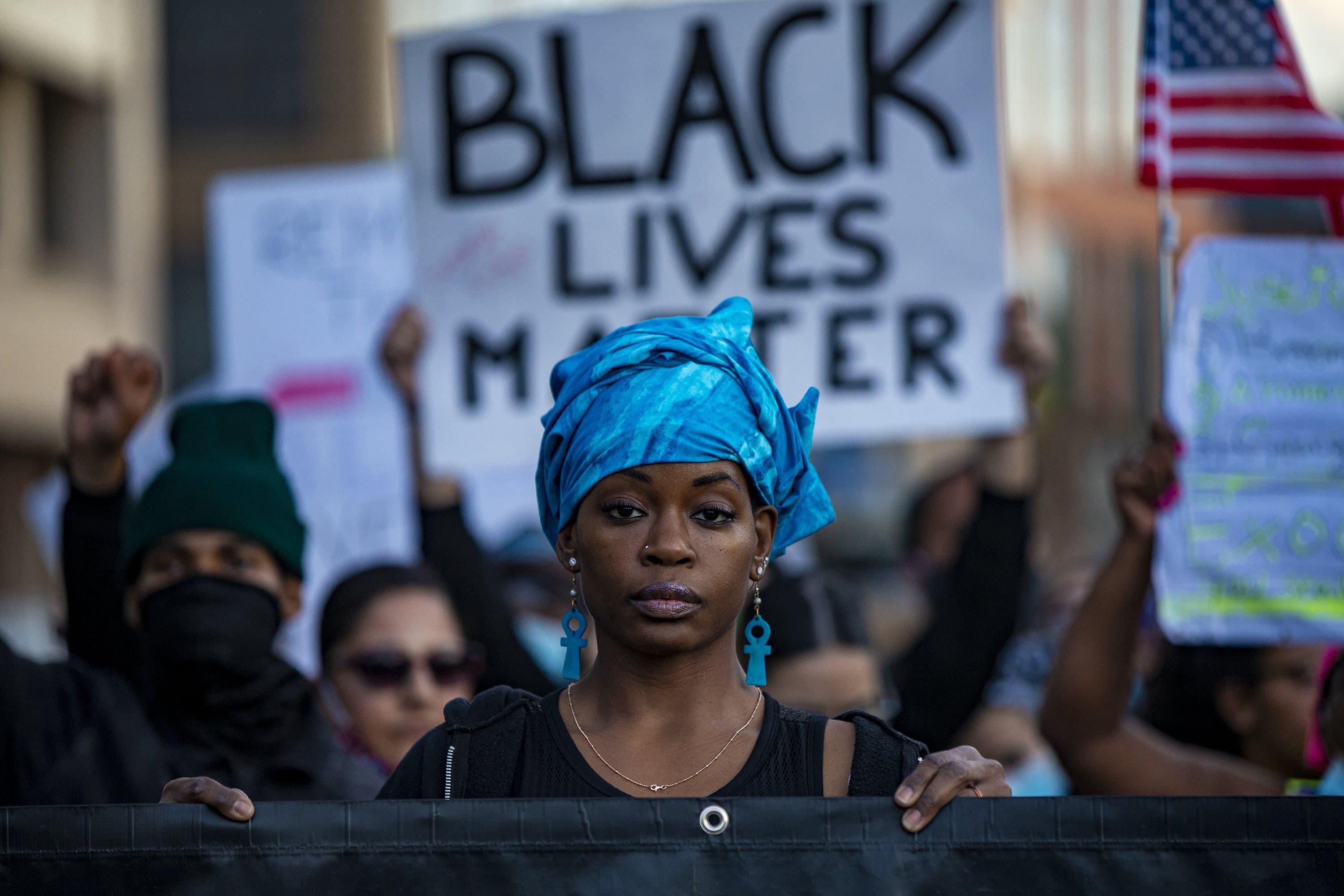
Cognoscenti at 10: Holding the ordinary and unfathomable
In January 2020, we thought the biggest news story of the year would be the impeachment trial of Donald J. Trump. Clearly, the universe had other ideas. This essay is our third of four to mark a decade of Cog, and it covers, basically, 2020 — which in fairness did feel like it was about 10 years long.
Life changes fast.
Life changes in an instant.
Those are the first words of Joan Didion’s “A Year of Magical Thinking,” written in the aftermath of the sudden death of her husband. They apply just as well to 2020, when the whole world got turned upside down, and in some sense, has yet to be turned right-side-up.
The first “COVID” piece Cog published was written by Brookline native Emily He, who was on a trip visiting her family in China when the city of Wuhan went into lockdown. We published that piece on March 9, 2020, two days before the WHO declared a global pandemic. At that point, some 4,200 people had died. Emily’s piece now reads like a surreal preview.
Those early days of the pandemic were dizzying for us — and everyone else. Cog became a record of what we were experiencing, collectively and individually, when we had so few answers and everything we thought we knew was suddenly uncertain.
We tried to explain the (very bizarre at the time) concept of social distancing; one epidemiologist pleaded “I promise, I promise: You can’t cheat a pandemic”; doctors and nurses and EMTs wrote that in some ways and out of necessity we are “making it up as we go.”
In the beginning, most people imagined we’d work from home for a couple of weeks, then “normal” life would resume. Now we know better. We became experts in Zoom school, terms like R0 (R-naught) and being alone. Brain fog set in; COVID anxiety would be hard to shake. Time slowed down and we all did our best: Cog editors included. We were metabolizing this new way of being, in real time with our readers.
As the pandemic wore on, and the death toll climbed, we bore witness to a further splintering of American society. The mask wars, roiling anger over social distancing requirements, massive health care disparities, over-capacity hospitals where people died alone, and eventually fights over vaccines.
Advertisement
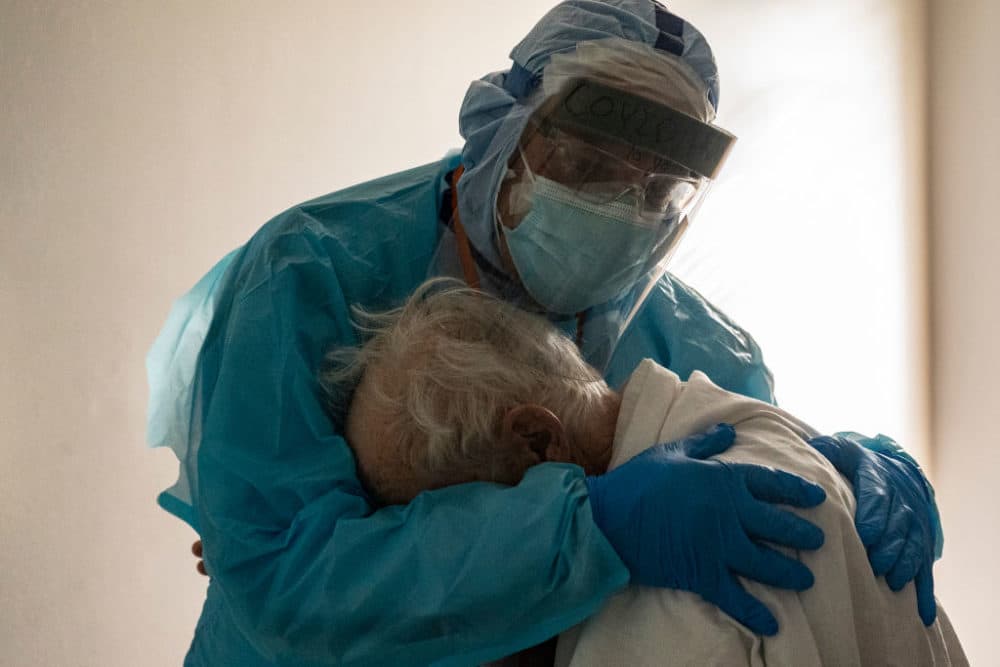
And then there are losses from the pandemic that far exceed a word limit. The routines and rituals that ground us, interrupted. Ongoing, inexplicable illness. A New York Times obituary writer described how memorializing a pandemic felt like a wholly different assignment. We partnered with Faces of COVID, a project that exhorts us to remember the humanity behind mountain ranges of gruesome statistics. Karen Nascembeni remembered her husband, Steven; Noreen Wasti, her father.
By mid-2020, we were navigating COVID-19 and an extraordinarily divisive presidential election. Then George Floyd was murdered by police officers in Minneapolis, igniting a national and long-overdue reckoning on race in America. Cog’s contributors responded with gripping, wrenching, generous work.
Lee Pelton wrote about visibility, history and the complicity of white America, asking “what will you do?”
Theresa Okokon wrote about adapting to the mental and physical tactics of survival necessitated by being a Black woman in America: “how rapidly I assessed — and assumed — likely danger based on what my body has been through. How quickly I accepted risk, how intertwined it is with living.”
By mid-2020, we were navigating COVID-19 and an extraordinarily divisive presidential election. Then George Floyd was murdered by police officers in Minneapolis ... Cog’s contributors responded with gripping, wrenching, generous work.
Lisa Braxton explained how for many Black Americans, social distancing was nothing new. Arielle Gray told us what she knows about Boston: “the kind of city that points to places like Ferguson, Missouri and Detroit and says, ‘See. We haven’t done that yet.’”
Desmond Hall watched his daughter make a protest sign — “I CAN’T BREATHE” — and remembered the brutality he’d faced at the hands of police officers.
Orlando Watkins poured out a letter to his mother that became an essay about wanting his two young Black sons to be seen as fully human. “This is what 40-plus years of scars can do to a person,” he wrote.
Calvin Hennick, the white father of a biracial son, called out the insidiousness of white supremacy, within all of us. Tafadzwa Muguwe helped us better understand racism in medicine.
And former Gov. Deval Patrick memorialized Rep. John Lewis, lost to cancer, in July 2020. “It’s hard to think of another American who did more to challenge America to face down her demons, to be her best self, and to respect the dignity in every living soul,” Patrick wrote.
As so many of these writers attest, the past and present walk hand in hand.
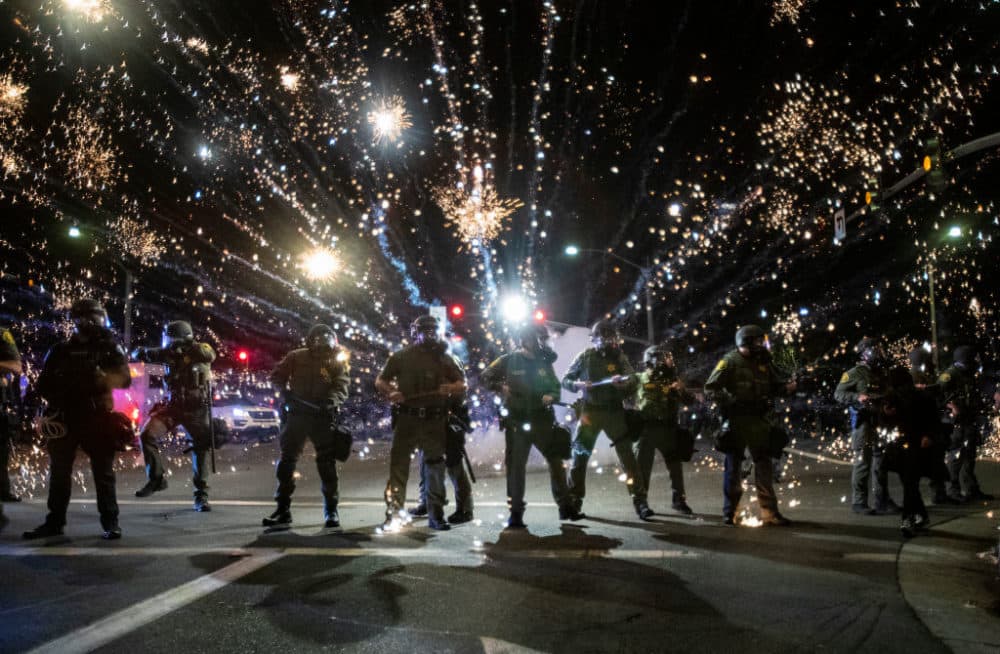
On July Fourth, we wanted to reflect that “Independence Day” is more complicated than fireworks displays and backyard barbecues, and always has been. We asked many voices to help us suss out what the holiday means to people for whom the country's founding principles haven't yet been fully realized.
“Independence Day, as some call it, becomes another opportunity to reflect on the value of vigilance, the price we pay for any semblance of freedom,” Jabari Asim wrote in his contribution.
We produced that July Fourth piece for the radio — and it became a production roadmap we returned to over and again. The pandemic, which necessitated that we work from home and record our authors remotely (usually on their phones, often in their closets, sometimes muffled under blankets), paradoxically made it easier for us to feature more voices, and more varied perspectives, on the air.
In August, we braced ourselves for a return to pandemic school. Parents, educators and epidemiologists alike were tasked with running scenarios through their risk calculators and deciding where they were comfortable — or compelled by circumstance — to land. 'Everything is up for grabs’ is what Dr. Michael Osterholm called “our COVID year in education.” We lived it.
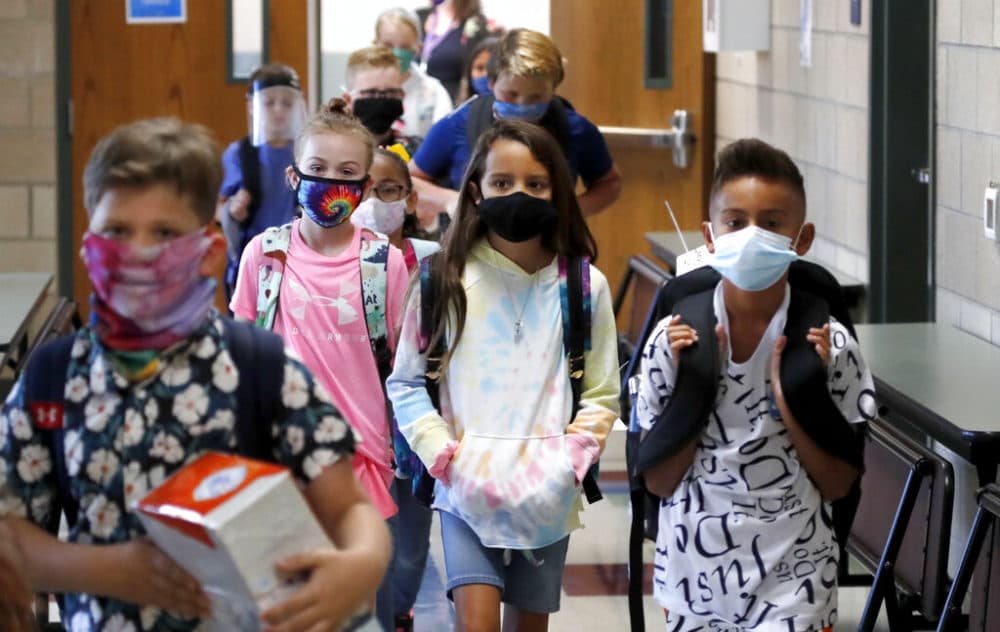
We took the same approach to that first pandemic holiday season. In a piece featuring dozens of Cog writers and readers, we tried to wrestle with how being “in it together” meant we had to remain apart. Maybe you also remember trying to celebrate and grieve at the same time?
2020 was full of sadness and division; so much loss, and so many moments and experiences we can’t ever recover. At the same time, it pushed us to take care of each other and find some grace as we pushed against our limits. The world’s difficulty gave us a common cause, and that was something. We imagined what life after the pandemic might look like.
More recently, Anri Wheeler wrote an essay about having hard conversations with her daughters. She was reflecting on the work of Mariame Kaba’s edict of “hope as a discipline.” Hope is work. It takes effort and dedication, precision and intention. Hope is part of our work, too.
Reflecting on these extraordinary years, it’s easy to see how hard it was — for us, as editors, as well as for our contributors and readers — to remain vulnerable to the news of the day, without being overwhelmed by it. We all had to keep walking while holding both the ordinary and the unfathomable. That was the only way to keep moving forward — and tell the story.

